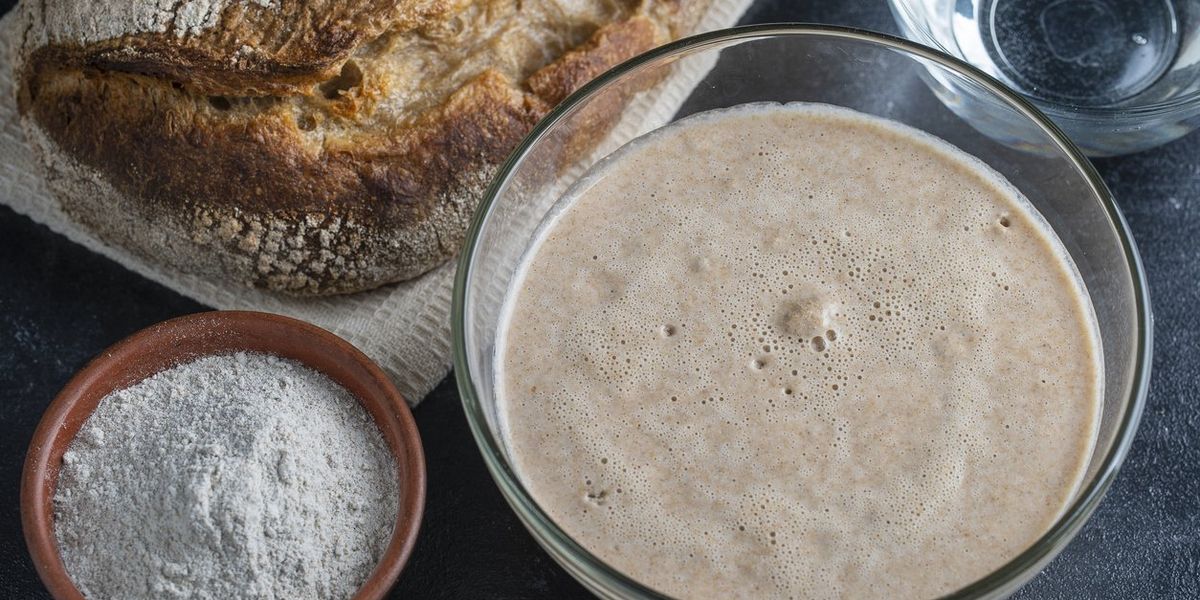With the popularity of semaglutide (Ozempic, Wegovy) and other GLP-1 weight loss drugs, there has arguably been more talk about food noise than ever before. And, yes, for individuals who choose to take these drugs, and find that the drugs work for them, quieting of food noise is one effect.
So what is food noise, exactly? There’s different, but similar, ways of defining it. Some call it their internal chatter about food. Others call it an overwhelming focus on or preoccupation with food. Some call it “cookies calling my name from the kitchen.”
The mental clutter of food noise influences our eating behaviors and decisions. It can make us highly reactive to extreme food cues — seeing food, smelling food, being in the presence of food, being in the presence of food advertising. It can make people reach for foods high in salt/sugar/fat and generally make food choices that might not support their health or even make them feel well—often mindlessly.
But what’s not being talked about in this Age of Ozempic — at least not broadly — is that you don’t have to take a drug for the rest of your life to turn down the volume on food noise. Because what causes food noise in the first place is dieting and restriction.
So what else can you do to quiet food noise?

Eat enough
If you’re eating less food than your body needs to exist in its unique, individual set point range, then your body is going to try to fix that situation by making you hungrier and stimulating your appetite. Because those calories in food are the energy your body needs to survive and thrive.
It’s normal to be preoccupied with food when your body is hungry. Of course you’re going to find available food more “tempting.” Of course those cookies in the breakroom or the pantry are going to be calling your name as they their siren song. Of course your cravings are going to feel out of control. Of course you’re going to be drawn to quick food sources of energy (like those foods high in salt/sugar/fat).
When you don’t trust your body’s hunger cues, you may delay eating until you are primally hungry, which not only makes almost any food more tempting, but it can lead to eating to the point of discomfort when you finally do eat.
While eating enough is important, choosing foods that are more satiating can also help quiet food noise because they “hold you for longer.”
Of the three macronutrients (carbohydrates, fat and protein), protein is the most satiating (not that we don’t need carbs and fat, too). Including a solid serving of protein in each main meal and some protein with snacks can provide steady energy and satisfaction. And, of course, if you feel hunger between meals, then a snack will help quiet food noise!
Fiber also helps. An apple with nuts will likely satisfy longer than some potato chips or a doughnut. Not that you can’t eat potato chips or doughnuts, but as a stand-alone snack, they don’t have much staying power. Food isn’t only fuel, but when most of your meals and snacks do give you adequate energy (aka calories) and nutrients, that can help keep your body satisfied.
And, making sure you’re noticing your food as you’re eating it can help you get sensory satisfaction, which can help prevent the feeling that you’ve had enough to eat physically, yet you still want to eat…something.

Make peace with food
Forbidden fruit tastes the sweetest. That saying is not a cliché. (It’s true whether we are talking about food or not — when we can’t have something, we tend to want it more.)
When you’re deprived of a certain food, or a certain amount of food, biologically or psychologically, this sets you up for rebound eating. So what do I mean by “biological” and “psychological” deprivation?
- Biological (or physical) deprivation is when you don’t have access to a specific food, or enough food, so you literally couldn’t eat it if you wanted to. This can happen during famines, or when someone is experiencing food insecurity due to not having enough money for food. It can also happen when a parent bans a certain food at home, and the child wants it but doesn’t have independent means (an allowance and freedom to go to the store, a friend who has that food in their home) of acquiring it.
- Psychological deprivation is when you don’t allow yourself to have a food or strongly believe that you shouldn’t have a food because the food is “unhealthy” or you’ve already “eaten enough.”
Deprivation is a powerful response, whether it’s biological or psychological.
In most cases, the moment you banish a food, you start to crave it. The longer you deprive yourself, the stronger the cravings or urges grow — aka food noise. If you do end up eating the food, you may find it difficult to enjoy a “polite serving” of it. You may even feel out of control around it. That’s because you’re stuck in the deprivation-rebound pendulum. This happens when you swing widely from deprivation/restriction to eating in a way that feels out of control. Fear of future deprivation (“I slipped up this time, but I’ll never let myself have this food again”) just adds fuel to the fire.
Making peace with all foods, including forbidden foods, can quiet food noise because foods become “neutral.” You have formerly forbidden foods when you want them, and you still enjoy them (except for those you realize you really don’t like after all!) but you are also attuned to how different foods make you feel, so you’re not engaged in a “Whee, I can have whatever I want, whenever I want” free-for-all.
Related Posts

Assess your weight bias
If you’re in a larger body than you are OK with and believe that you HAVE TO lose weight, it may feel difficult, if not impossible to allow yourself to eat enough and enjoy a wide variety of foods — especially those that are more about pleasure than nutrition per se.
We all swim in the waters of diet culture, and the messages we receive constantly from all sectors are that thin = healthier and thin = worthier. But neither of those things are true.
Yes, higher weight is associated with increased risk of a number of health conditions, but association doesn’t prove cause and effect. Very, very few research studies looking at connections between weight and health factor in the detrimental health effects of weight stigma and weight cycling. They also don’t factor in the role of fitness, and studies that do look at fitness across different BMI categories find that fitness matters much more than weight when it comes to health.
So, to take steps to quiet food noise that don’t include being on a weight loss drug for life, it may be necessary to do some major divesting from diet culture and untangling from the idea that only certain bodies are OK. That’s not easy work, but it can ultimately be freeing. And it can help you get to a place where you are more embodied — treating your body as a valued home to be care for exactly as it is, rather than an object to be looked at or a problem to be fixed.
Related Posts:
Carrie Dennett, MPH, RDN, is a Pacific Northwest-based registered dietitian nutritionist, journalist, intuitive eating counselor, author, and speaker. Her superpowers include busting nutrition myths and empowering women and men to feel better in their bodies and make food choices that support pleasure, nutrition and health. This post is for informational purposes only and does not constitute individualized nutrition or medical advice.
Seeking 1-on-1 nutrition counseling? Learn more about her Food & Body, IBS management, and nutrition counseling programs, and book an intro call to see if the program is a good fit, and if we’re a good fit!
Want exclusive content on nutrition, health, diet culture and more, plus critiques of nutrition and health journalism? Subscribe to my Food Noise newsletter!
Publisher: Source link









